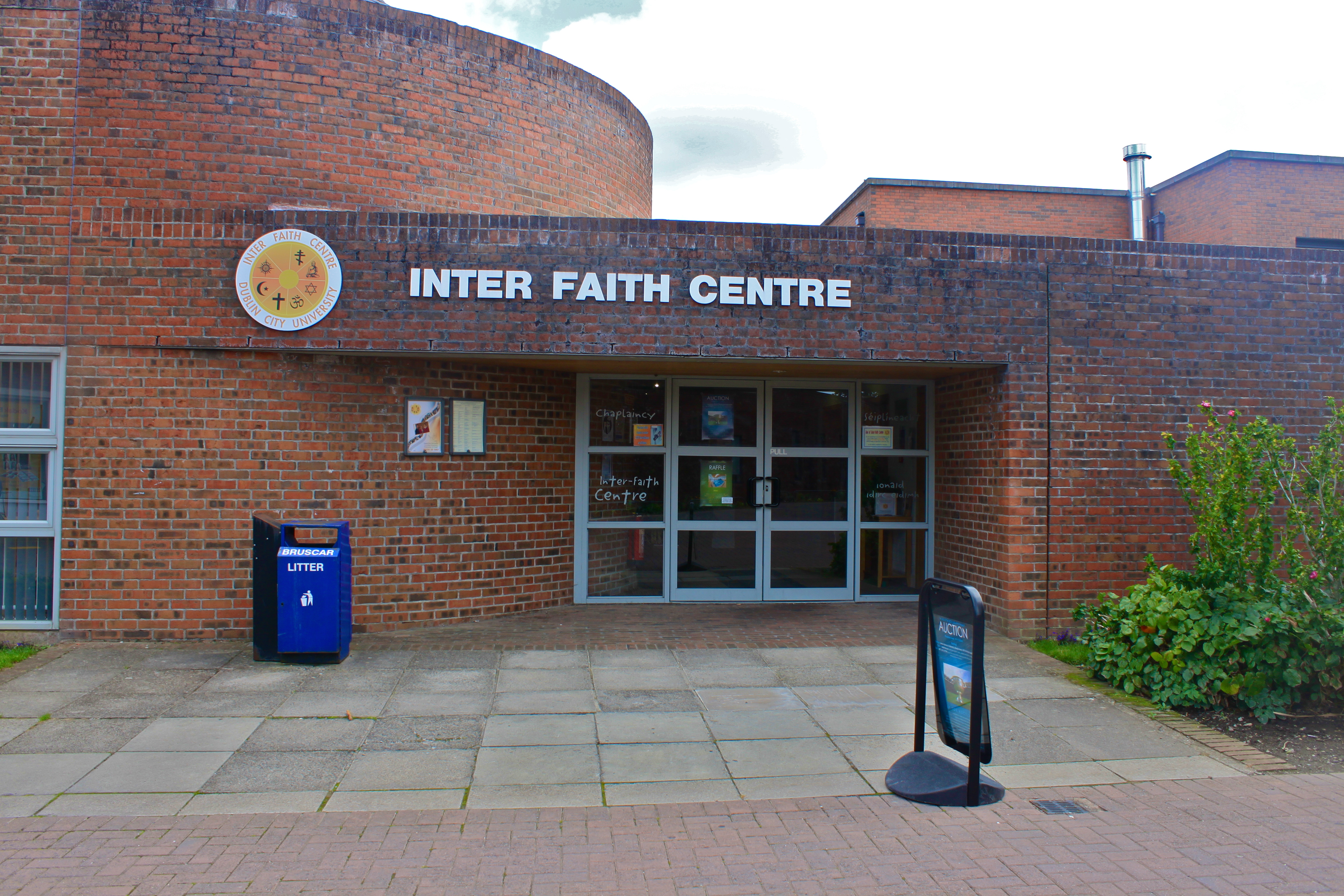
A survey conducted by Microsoft online for international safer internet day showcased that 69% of people experienced an “online risk” last year.
The main risks highlighted in the survey were: cyberbullying, hate speech, and threats of violence. Young people were the most affected.
Exactly 74% of young people say they have experienced online risks in the last year, compared to 62% of parents.
It’s no shock, coming from a teenager’s perspective, that we, as a generation, are more educated on the internet than most parents are.
New figures show that around 90% of young people, between the ages of 16 and 24 use the internet, specifically social media platforms, every day. So maybe young people should be educating their parents on online safety and how to protect them from any online risks that may happen.
Research conducted by the UK safer internet center found that 36% of parents wouldn’t know where to go for advice if their child needed online support. 27% of parents say they would feel more relaxed if they knew how to keep their child safe online.
I personally feel like parents need to educate themselves more about the online safety of young people, so they know what to do in the future if any online risks may occur.
Will Gardner became director of the safer internet center in the UK with hopes to “promote the
safe, responsible, and positive use of digital technology for young people”.
Gardner then goes on to say “whether you’re a parent regularly engaging in your child’s digital life, a teacher campaigning for online safety in school, a child who doesn’t stand by when they see cyberbullying, or a tech company that takes time to listen to children’s needs. We all have
responsibilities, to make the internet a better place.”
Will Gardner set out a list of rules that parents and young people can follow to keep themselves and their children safe online.
I feel like Gardner’s rules are the route to safety online and that is why I want to talk about them.
Firstly, he says that it starts with an “open and honest dialogue.” every adult and young person should talk regularly about how they use technology and speak about how being online makes them feel. It is normal for a parent to feel worried about their child’s online safety, so try and communicate.
I also believe that it is ok up until a certain age for a parent to use parental controls to protect their child from seeing inappropriate content online.
Finally, family agreement. Social media is a part of modern family life, so why not approach it as a family to keep everyone safe. Personally, I feel like these rules are the key to a positive future online.
Ruth McCarthy
Image credit: Getty Images



